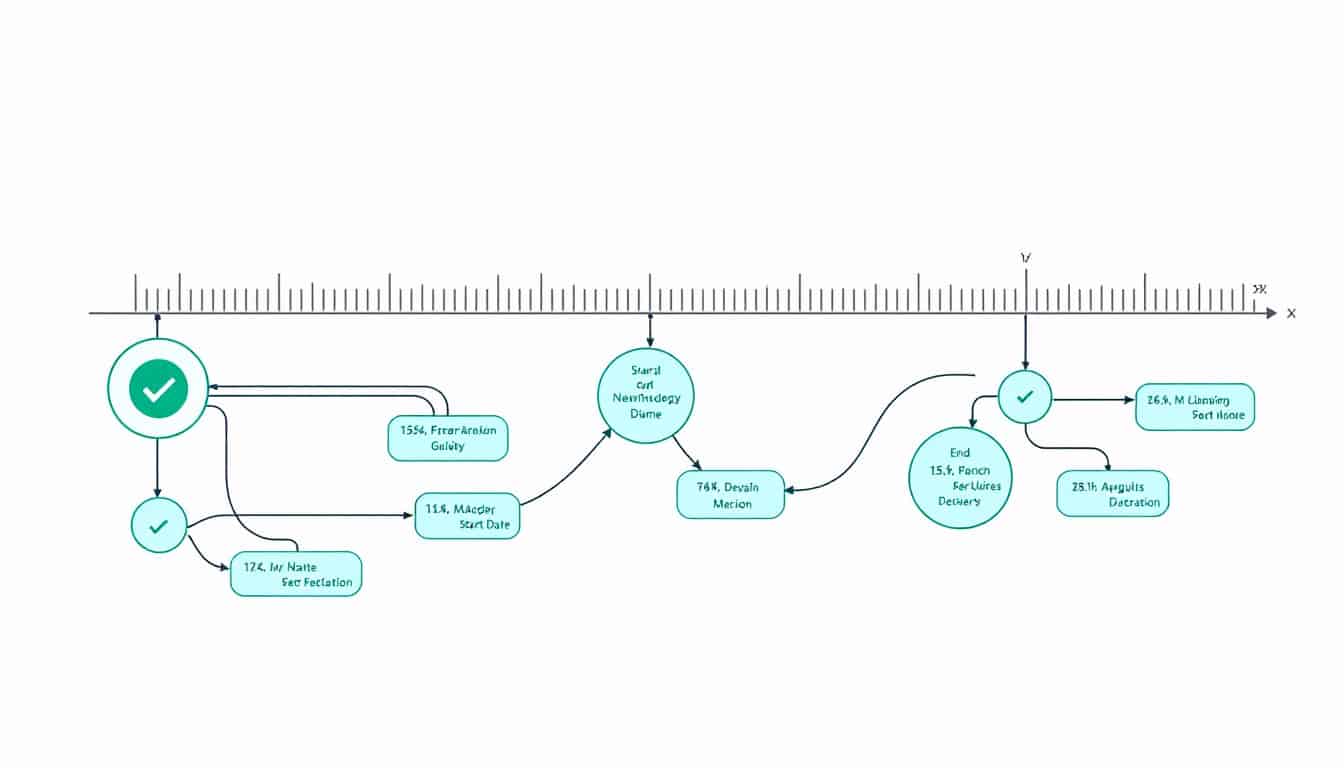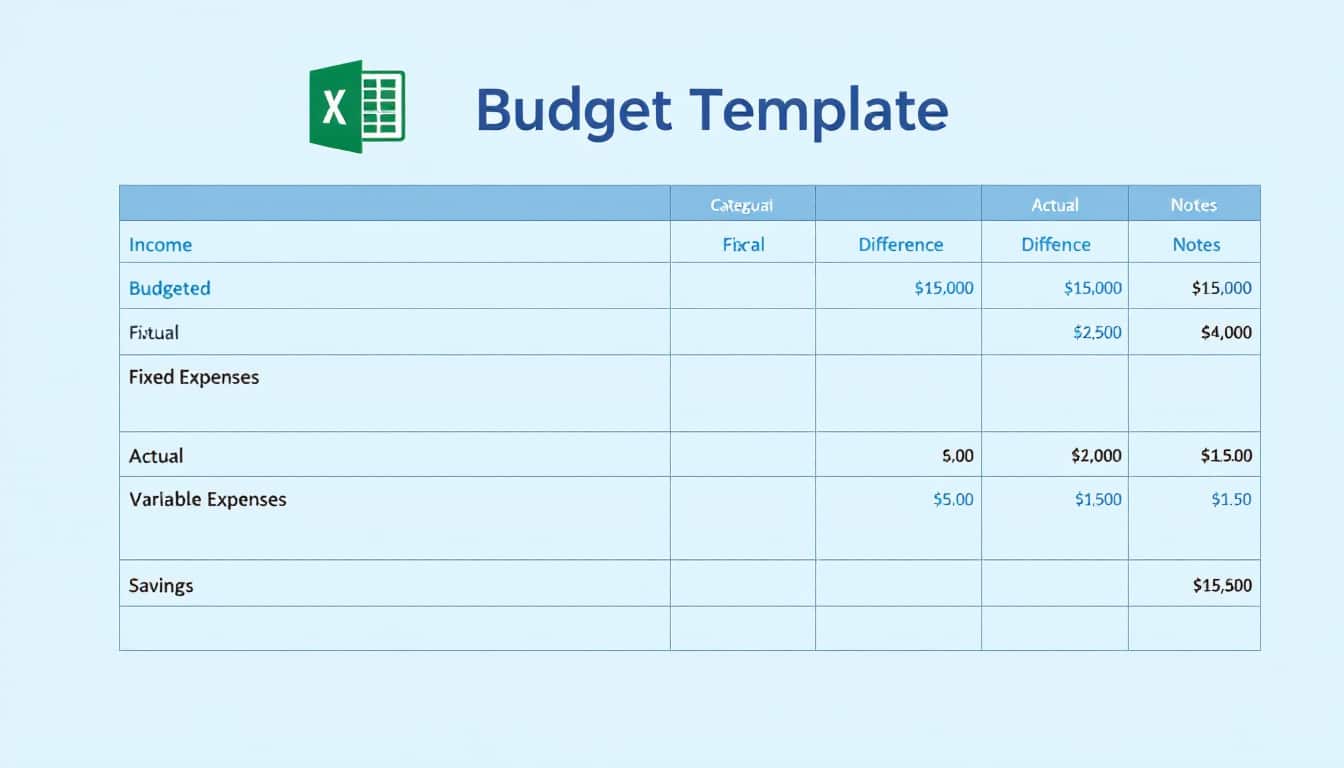The project kickoff is a crucial step that lays the foundations of your initiative. It is at this moment that ideas transform into concrete plans, and where expectations take shape. To prevent this momentum from turning into disillusionment, it is essential to structure this phase, infusing your project with a positive dynamic. Although every project is unique, certain keys allow for successful navigation through this process. By gathering a competent team, drafting essential documents, and clearly defining objectives, you will maximize your chances of success. Let these principles guide you to propel your project toward new horizons.
🔥 Nous recommandons Ideamap
Ideamap est l’outil idéal pour un brainstorming ou un projet collaboratif. Grâce son interface facile et à ses fonctions IA, Ideamap booste votre créativité tout en favorisant une meilleure organisation de vos idées pour atteindre vos objectifs.
The project kickoff is essential to ensure the success of an initiative. It begins with identifying the purpose of the project and assembling a team. The initial steps include creating kickoff documents such as the project charter and the business case, which establish the framework and objectives. The planning of the feasibility analysis and cost-benefit assessment is crucial to evaluate the project’s viability and value. Every stakeholder must be identified and involved to foster smooth communication, thereby ensuring a harmonious launch and effective preparation for the subsequent phases of the project.

The project kickoff represents a crucial phase that determines the overall success of your initiative. To ensure an effective launch, it is essential to identify clear objectives and mobilize the necessary resources. Good preparation includes drafting a business plan that assesses needs and issues while defining the key steps of the project. This will allow all stakeholders to understand the common vision and align their efforts.
Establishing a strategic roadmap
A strategic roadmap must be developed to guide the entire project while being sufficiently flexible to adapt to potential changes. This involves managing timelines, budgets, and the team’s skills. Good planning enables teams to know where to head and track the progress of their tasks effectively. Additionally, this helps anticipate potential risks by identifying mitigation measures from the outset.
Engaging stakeholders
Engaging all stakeholders from the outset is essential for fostering harmonious collaboration throughout the process. These actors should have the opportunity to share their ideas and concerns to refine the project. Thus, the commitment of the various participants ensures better follow-up while enhancing communication. Such an approach can greatly influence the success and buy-in for the initiative being implemented.














